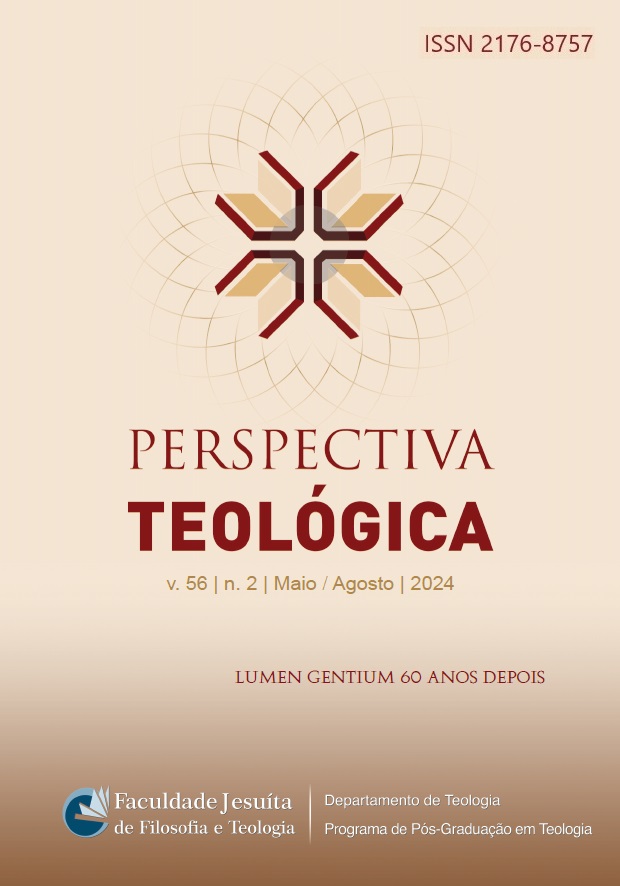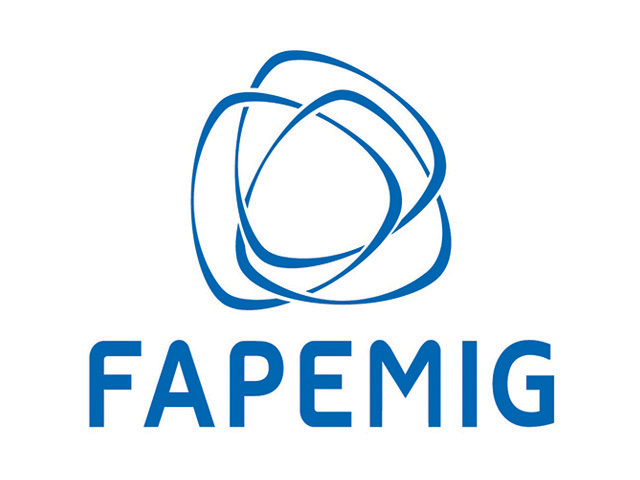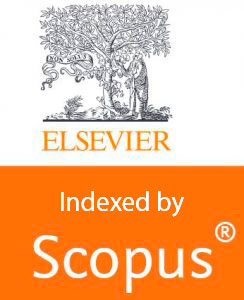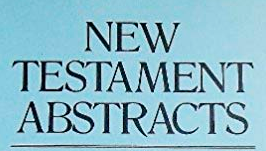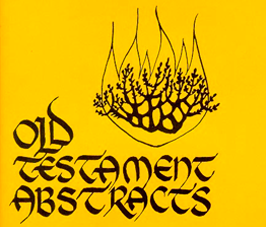CAIN'S OFFERING AND THE LANGUAGE OF PROGRESS: A THEOLOGICAL ASSESSMENT OF THE IMPLICATIONS OF URBANISM IN THE ANCIENT ISRAELITE RELIGIOUS SYSTEM
DOI:
https://doi.org/10.20911/21768757v56n2p531/2024Abstract
The biblical characters Cain and Abel, protagonists in Gn 4,1-16, including the subsequent outcome between them, and due to the offering to the One who watched over them diligently, are among the most thought-provoking plots in the Old Testament, which is why we dedicate a brief reflection about the biblical anthropological intelligence observed more closely from the Caimic way of ministering ritual and labor, through which it is possible do compose the extensive formative scenario of related communities as well as imperial territories of the period in question. The vast theoretical repertoire on this biblical theme and the advances in archaeological excavations enhanced our understanding about the Caimic narrative. The animal sacrifice and the offering described in the passage signalize, in their internal antagonism, meaningful changes in the religious system, designating socioeconomical transformations and a theological response to these transformations. Within that framework, a new theological guidance is given to the sacrifice truly expected by the Lord.
KEYWORDS: Cain. Sacrifice. Genesis 4. Temple Theology. Sacer.
Downloads
Downloads
Published
How to Cite
Issue
Section
License
Copyright (c) 2024 Perspectiva Teológica

This work is licensed under a Creative Commons Attribution 4.0 International License.
After the approval of the submitted text, the authors should send a signed letter of assignment of copyright, the model is available on the periodical's website.

